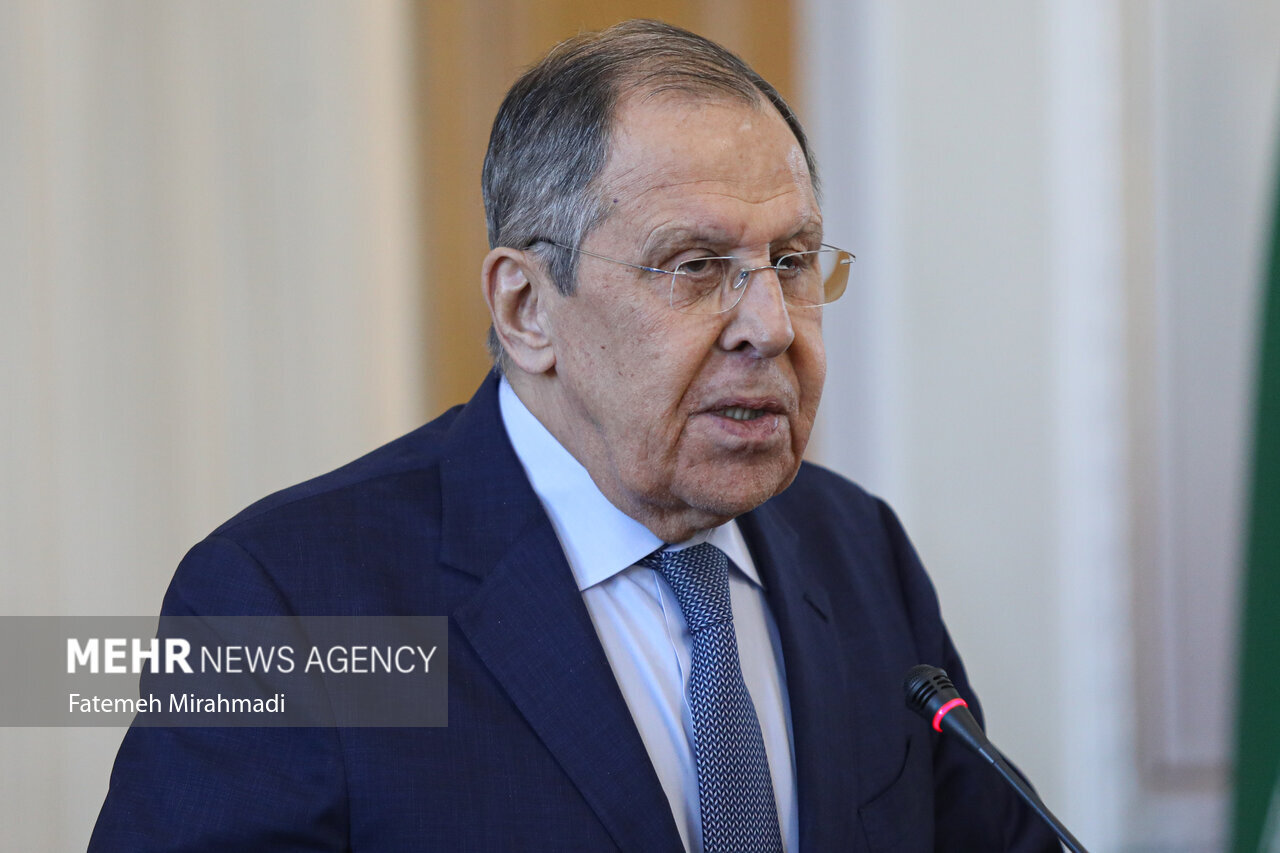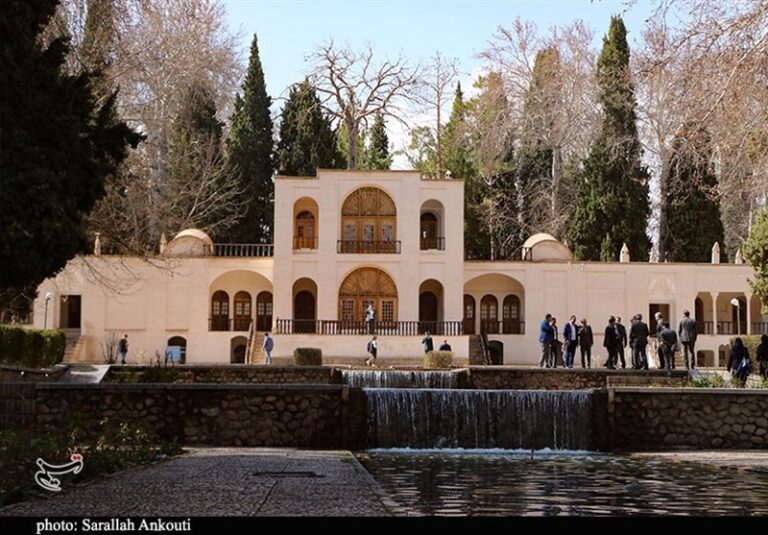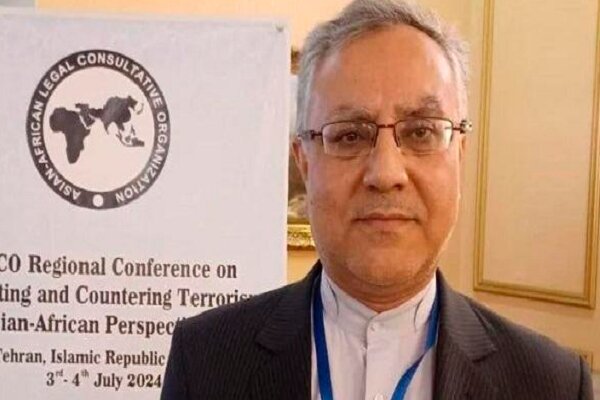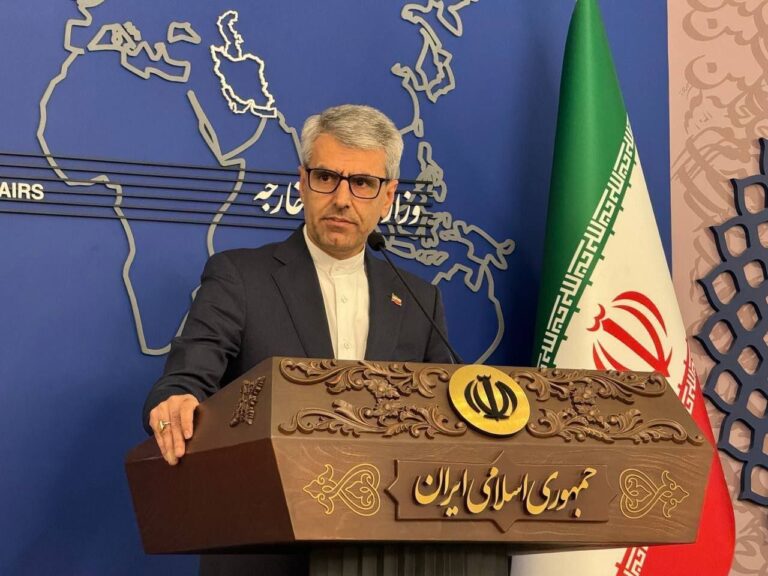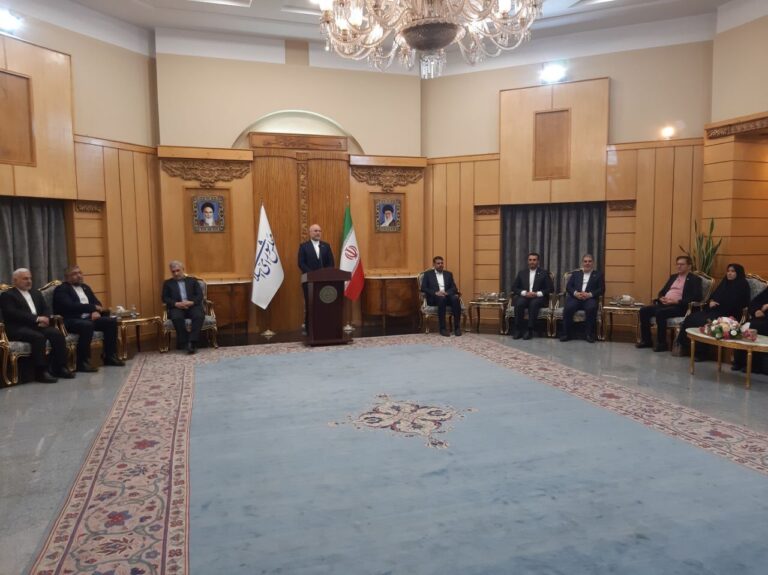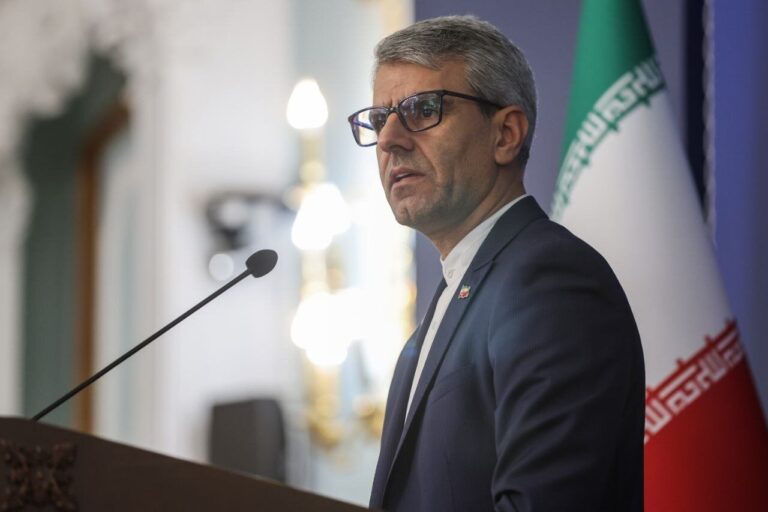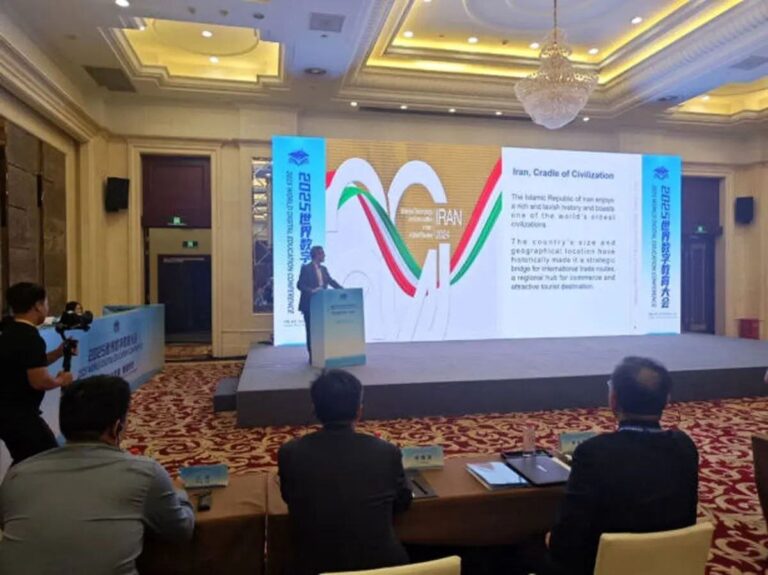Russia Advocates for JCPOA Revival, Dismisses US Push for New Iran Agreement
In a significant development regarding international diplomacy, Russian Foreign Minister Sergei Lavrov has reaffirmed Moscow’s commitment to the restoration of the landmark nuclear agreement with Iran, originally established in 2015. This deal, known as the Joint Comprehensive Plan of Action (JCPOA), has been a focal point of discussions involving major world powers.
During a recent interview with American bloggers, Lavrov elaborated on the ongoing negotiations related to the Iran deal, as reported by the Tass news agency. The conversation included an analysis of the prevailing situation in the Persian Gulf and the implications of the JCPOA on international relations.
- Discussion with the United States: Lavrov indicated that Russia has engaged in dialogues regarding the Iran deal with the United States while also keeping lines of communication open with European nations.
- Restoration of the Original Deal: He emphasized the importance of reinstating the original agreement from which the United States withdrew during the Trump administration.
- International Collaboration: The top Russian diplomat expressed a desire to resume discussions in the original format that was approved by the UN Security Council and Iran.
Lavrov stated, “We’ll see how it goes,” reflecting on the ongoing consultations with both American and European officials regarding the deal’s future. This highlights Russia’s active role in the diplomatic efforts surrounding the JCPOA.
In addition to discussing the JCPOA, Lavrov also addressed reports from Western media suggesting that former US President Donald Trump had proposed a new nuclear agreement in a letter addressed to Tehran. He criticized the idea of linking a new nuclear deal with stipulations that would constrain Iran’s support for resistance groups in the Middle East.
“The US wants to link a new nuclear deal with Iran to oblige it not to support (resistance) groups in the Middle East, but this option will not work. It is worrying the Americans are willing to attach political conditions to this new deal,” Lavrov remarked, underscoring the complexities involved in negotiating future agreements.
Furthermore, Lavrov dismissed any notion of exerting pressure on Iran regarding its expanding influence in West Asia. He asserted, “I believe that a situation in which all countries except Iran have the right to influence other countries in the region is an impossible scenario.” This statement reflects Russia’s stance on Iran’s role in regional geopolitics.
The 2015 nuclear agreement, known as the JCPOA, was a pivotal diplomatic achievement involving the five permanent members of the UN Security Council—China, France, Russia, the United Kingdom, and the United States—plus Germany, collectively referred to as the P5+1 group. This landmark deal aimed to curtail Iran’s nuclear program in exchange for sanctions relief.
However, the landscape changed dramatically when President Trump unilaterally withdrew the United States from the agreement in 2018, leading to the reinstatement of severe sanctions on Tehran that had been previously lifted under the accord. The withdrawal not only altered the dynamics of the deal but also triggered a series of diplomatic challenges and economic repercussions for Iran.
In the wake of the US’s exit from the JCPOA, European signatories—Britain, France, and Germany—urged Tehran to comply with its nuclear commitments, promising to mitigate any economic damages caused by the reinstated sanctions. However, Iran remained patient for an entire year, waiting for the Europeans to fulfill their promises, before it began to gradually retract its nuclear obligations.
The situation remains fluid as the international community continues to grapple with the implications of the JCPOA and its potential revival. The intricate web of diplomatic negotiations highlights the challenges and complexities inherent in achieving consensus among multiple stakeholders with varying interests.
As discussions progress, the focus will inevitably turn to how the involved parties can navigate their differing perspectives and reach a mutually beneficial resolution that addresses both the nuclear concerns and the broader geopolitical dynamics in the region.
In conclusion, the revival of the Iran nuclear deal remains a pressing issue on the international stage, with Russia playing a pivotal role in facilitating dialogue among the key players. As negotiations unfold, the world watches closely, hoping for a resolution that ensures regional stability and upholds international agreements.
